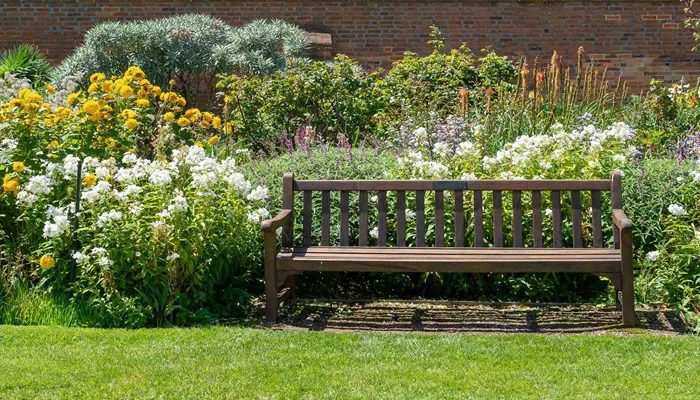In my last interview, I spoke with Sue Moore, a dedicated volunteer who has invested countless hours into keeping the Jacoby Creek School garden in Bayside flourishing. Her work allows students to connect with nature and learn about their environment. I wanted to explore the significance of school gardens in Humboldt County, especially in relation to climate change.
Can school gardens be catalysts for change? They provide a way for students to engage with environmental education. Many teachers want to teach about climate change but face challenges due to limited financial and administrative support. What resources are available for educators addressing these topics? How do their efforts align with standardized curriculum requirements?
To gain more insight, I interviewed Jesse Alm, known as Farmer Jesse. He is the Humboldt County Education school garden coordinator and a garden teacher at Alice Birney School in Eureka, where he was hired in April 2023.
Dana Utman: Should I call you Farmer Jesse?
Jesse Alm: My journey began in 2011 at LaConte Elementary School in Berkeley, which is now named Sylvia Mendez Elementary School, honoring civil rights advocate Sylvia Mendez. I worked alongside an incredible farmer and educator named Ben Goff, known as Farmer Ben. He was a beloved figure in the school community, serving as the garden teacher. I was an AmeriCorps member hired to assist him, and I spent two years working with him. He always invited me to take on the title of “Farmer” followed by my name, so I became Farmer Jesse. Since then, I’ve worked on farms, in school gardens, and in environmental education. Farmer Ben remains one of my closest friends and mentors; he now supervises the cooking and gardening program in the Berkeley public school system.
Can you tell me more about yourself and how you became the Humboldt County Education School Garden Coordinator? What does that title entail?
I wanted to continue working in school garden programs, but I realized there were very few opportunities in Humboldt County. Although people value garden-based learning and ecological education, jobs in this field are scarce. I considered either taking a low-paying job on a farm, which I had done before, or becoming a classroom teacher, as I have a teaching credential. However, my true passion lies in teaching kids outdoors through hands-on, sensory experiences involving plants, animals, and ecosystems. So, I reached out to the Humboldt County Office of Education because I knew they had a nutrition services department that oversees the school garden program.
How many school gardens are there in Humboldt County?
That’s a tricky question. It really depends on how you define a school garden. If you’re asking how many schools have ever planted or tended a garden, it’s most of them. However, if you’re inquiring about schools with someone consistently facilitating learning in the garden, the number is much smaller. Currently, I directly support about 28 schools that have responded to my outreach. Of those, only about 15 have someone actively working in the garden. As for schools with a paid garden educator, the number drops to around 8 or 10.
Most of these positions are held by credentialed teachers, but they often only dedicate a small amount of time—maybe just an hour—to the garden. Ideally, I would like to see every public school in the 1st Unified School District have a paid garden teacher. Unfortunately, we are far from that in Humboldt County. Building a robust program takes time. Over the past year, I’ve gathered information on which schools are most likely to thrive. In my experience, school garden programs tend to succeed when schools hire a garden teacher. Relying on volunteers who can dedicate 40 hours a week for years is simply not a sustainable model.


